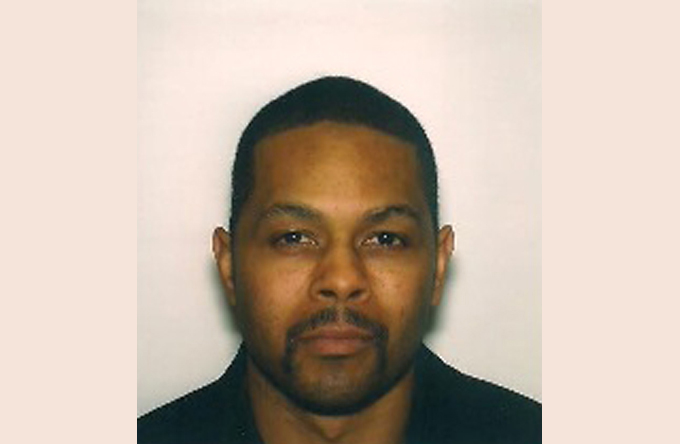by J. Pharoah Doss
For New Pittsburgh Courier
During high-profile cases involving White police officers and Black men, in which the former caused the death of the latter, anger at the individual officer normally leads to condemnation of—The Police. Even though there are roughly 18,000 police departments across the United States, all with different management, personnel, and procedures, high-profile cases create a generalized reaction toward—The Police—that can be counterproductive.
In 2020, a Black man, George Floyd, was killed by a White police officer in Minneapolis. Riots broke out across the country, and the protesters shouted “defund the police.” As the civil unrest intensified there were multiple clashes between protesters and police officers in city after city. The national media framed these clashes as “peaceful protesters” vs. The Police. Police chiefs were condemned for arresting “peaceful protesters” which resulted in the resignation of dozens of police chiefs across the country; some of these police chiefs were Black women. This counterproductive sequence of events produced the following headline in the Business Insider: Sellouts to the Black Community. Traitors to Fellow Officers. Black Police Chiefs are caught between two worlds after George Floyd’s killing.
After the civil unrest of 2020, many cities actually defunded their police departments. In 2021, recent reports by conservative outlets have stated that police departments in cities with shrunken budgets and less support have experienced upticks in murders and other violent crimes. Some liberal media outlets aren’t convinced the increase in crime is due to defunding the police. These liberal media outlets believe many other factors, like the pandemic, contributed to the crime surge. However, the protesters, the local politicians and the liberal media outlets ignored the fact that the local residents of these high-crime areas never demanded or wanted their specific police departments defunded because of what happened to George Floyd.
Recently, New York’s City Council voted to end qualified immunity for their police officers. (This was the other demand made by protesters besides defund—The Police.) New York has become the first city in the United States to take this step. Qualified immunity is the practice of not being able to file a civil lawsuit against a government official performing his or her official duties unless their actions violated “clearly established” federal law or constitutional rights. This is related to the good faith defense—If the public officer can demonstrate that the actions taken were reasonable and performed in good faith within the scope of employment, then the public officer is exempt from liability.
Police Union officials denounced New York City Council’s decision. The executive director of the Federal Law Enforcement Officer Association stated: Qualified immunity is an essential part of the law enforcement profession. While it shields officers from erroneous and professionally damaging lawsuits, it does not erase responsibility because, at any time, qualified immunity could be removed from the officer depending on the circumstances. But the speaker of New York City’s council praised their decision and stated, qualified immunity was rooted in the nation’s systemic racism.
The generalization of—The police —paints the picture of racist White law enforcement officers who don’t deserve qualified immunity because they have historically operated with bad faith in minority communities. However, 10 years ago WNBC-TV in New York reported, “A quiet transformation has taken place in the New York Police Department—and it’s for the good. Although not widely publicized, this change could have a significant effect on NYPD’s relationship with the Black and Latino communities and other minorities. Nearly one out of three police officers is Hispanic; another 19 percent is Black. In the past, Asian people never figured in the statistical breakdown, but now comprise 5.6 percent of the force. Together, these three groups now add up to 52.5 percent of police officers.” In other words, the NYPD’s patrol officers were majority minority. A decade later, this fact remains the same, so will ending qualified immunity have a disproportional impact on minority police officers?
But since the general idea is to punish—The Police—I guess the details don’t matter.
